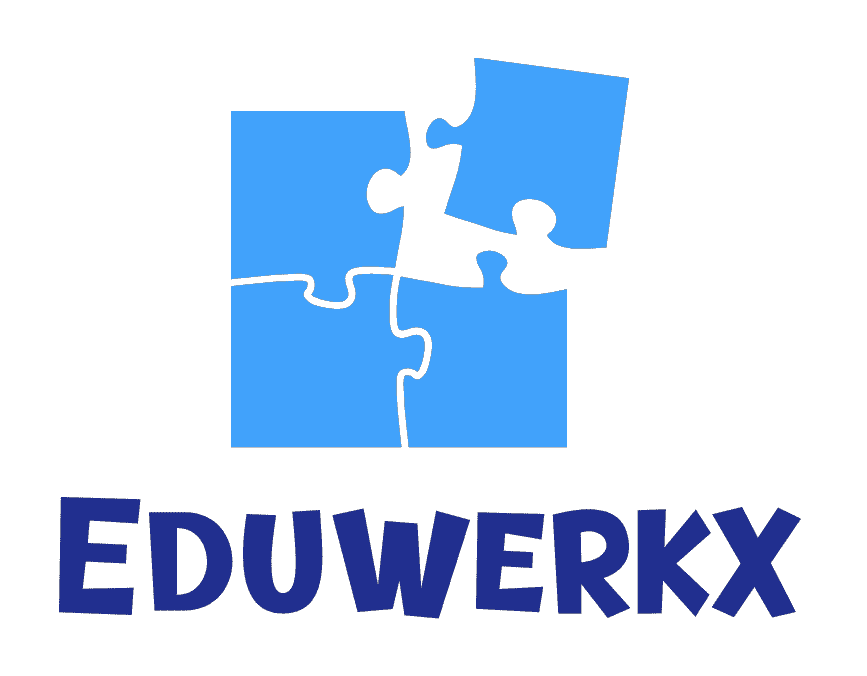In our previous post, we discussed how mastery is primarily achieved through individual effort and no amounts of classes or external support can replace personal engagement. It’s like having access to every codebase in the world and understanding the components of a software, but can you build a software without ever writing a line of code? If so, would practical experience be irrelevant?
Many people learn through information and often overlook the huge chasm between knowledge and application. You often hear the phrase “Knowledge is power!”, but knowledge isn’t power until it has been applied. True mastery comes from deeply understanding and integrating that knowledge into your skillset through practice.
Active engagement in the right way overcomes that chasm and help builds fluid intelligence, which is a key component of adaptability. By encouraging you to consider new perspectives, challenge assumptions and explore alternate solutions, fluid intelligence empowers you to navigate and thrive in changing environments. Adaptability goes beyond relying on existing knowledge, it demands the ability to think critically and creatively when the rules or goals change.
This flexibility can lead to critical insights, innovative solutions and breakthroughs, particularly in fields like technology and entrepreneurship, where thinking outside the box is essential for success. The higher the fluid intelligence, the quicker the path to attaining mastery in new skills and knowledge.
In this post, we will explore how fluid learning can empower your child to become a super learner.
Nurturing Super Learners
Have you ever seen children who seem to learn at lightning speed, solving problems and absorbing information with remarkable ease? It’s easy to be amazed by their learning speed and quick-thinking abilities, and then conclude that the child was simply born intelligent. However, this is simply fluid intelligence at play and not the innate intelligence that they were born with.
Babies are born with a foundational level of innate or genetic intelligence, which is the ability to recognize faces, respond to voices and engage with their surroundings. Their neural networks aren’t fully developed and are like a tangled mess, with many connections missing. This means that newborns have limited cognitive abilities and struggle with tasks like thinking, understanding and expressing themselves.
After birth, the brain’s development accelerates rapidly to form connections between neurons, creating intricate networks necessary for advanced cognitive functions. During this crucial phase, the baby’s intelligence is not fixed but is constantly evolving. What a baby experiences and does early on can significantly influence how smart they become.
Early experiences not only contribute to the formation of neural connections that improve cognitive functions, but is also crucial for enhancing a child’s base learning speed. While a child’s genetic intelligence influences their initial learning speed, research has demonstrated that fluid intelligence can significantly accelerate their learning speed.
However, fluid intelligence is not something we are simply born with – research shows that it can be cultivated and strengthened over time through fluid learning. Fluid learning is like a blueprint for neural development, shaping the brain’s structure and networks through consistent use, making it a more efficient learning and processing machine.
Wire your child to become a super learner with Eduwerkx’s fluid learning. Interested to learn more about how fluid learning can help your child become a super thinker? Like and follow to find out more in part 14.
#ParentingTips #TeenEducation #AcademicSupport #LearningChallenges #StudyTips #EducationMatters #TeenSupport #SchoolStruggles #EducationalGuidance #ParentingAdvice #Eduwerkx #AITutor #education #edtech #kiasu #paradox #learning #fluidlearning #fluidintelligence
